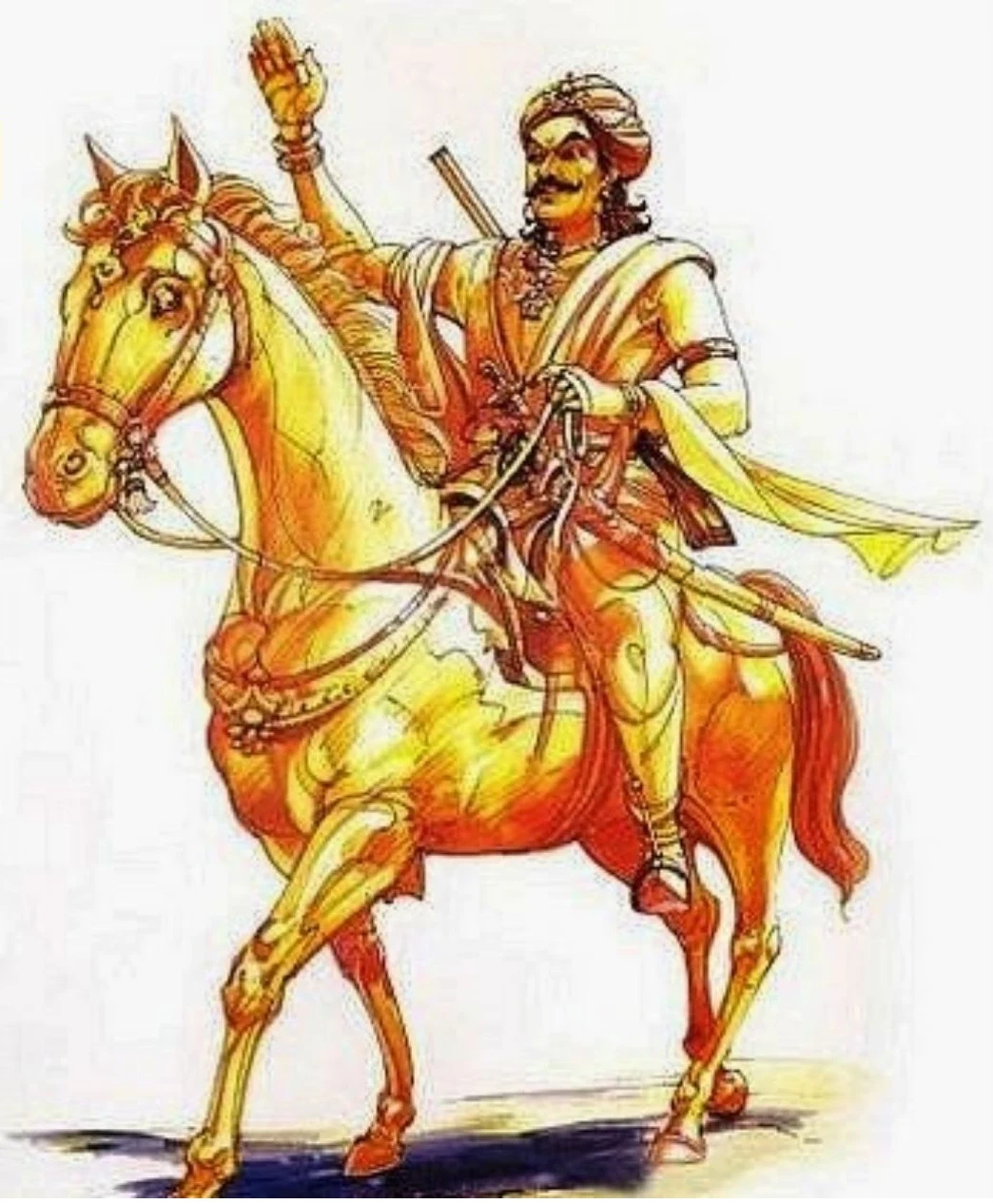Born on April 17, 1756, at Melapalayam, near Erode in Tamil Nadu, his birth name was Theerthagiri Gounder.
His father was Rathnasamy Gounder and his mom was Periyatha. During that time, the Polygar Wars or Palaiyakkarar Wars were wars fought between the Polygars (Palaiyakkarars) of the former Tirunelveli Kingdom in Tamil Nadu, India, and the British East India Company forces between March 1799 to May 1802 or July 1805.
Along with two of his brothers, Theerthagiri learned martial arts while growing up. He formed Kongu Tamil Youth Groups and gave them martial arts training. When he became the chieftain, he rose up in revolt against the British East India Company in Kongu Nadu, Southern India. He was one of the main leaders and commanded a vast army made up of about 1000 Kongu youths.
He along with Tipu Sultan fought the British. He and his army were instrumental in victories at Chitheswaram, Mazahavalli, and Srirangapatna. He fought many battles against the British East India Company successfully, including the battle at Cauvery in 1801, at Odanilai in 1802, and battle at Arachalur in 1804. After the death of Tipu Sultan and Veerapandi Kattabomman in 1799, he returned to Odanilai and built a fort for settlement. He continued to wage the polygar wars against British rule.
He was betrayed by his cook, Nallappan, and the British forces captured him. He and his two brothers were hanged at Sankari Fort in Salem district on the day of Aadi Perukku on July 31, 1805. He was 49 years old. The British then banned any and all literature on Chinnamalai. It is thanks to the tradition of oral storytelling, the Chinnalmalai story has reached us.
For those who live in the Kongu region of Tamil Nadu, Dheeran Chinnamalai embodies pride, dignity, and honor. Hence, statues and memorials commemorating Chinnamalai exist in Chennai, Tiruchirappalli, Erode, and Odanilai. The Tamil Nadu State government has been observing the day of Aadi Perukku as his memorial day every year.





















